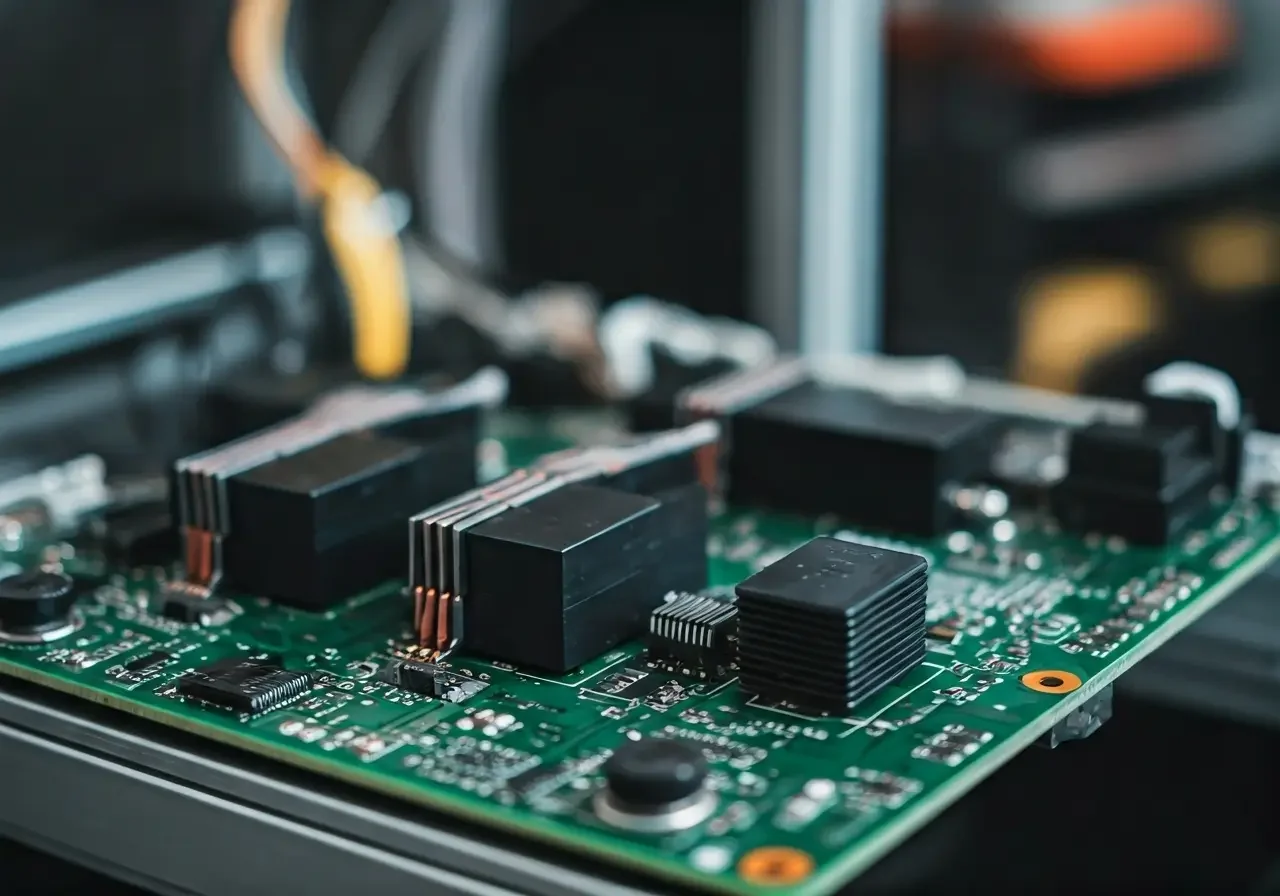Battery Modules and the Future of Greener Energy Systems
In a world increasingly cognizant of its carbon footprint, the shift towards greener energy systems has never been more pertinent. At the heart of this transformation are battery modules, pivotal in storing and delivering clean energy efficiently. In this blog, we explore how these modules are shaping the future of sustainable energy.
Understanding Battery Modules
Battery modules are integral components of energy storage systems, designed to hold and deliver energy when needed. By breaking down their structure and function, we can grasp how they contribute to energy efficiency and sustainability. Each module is composed of several battery cells that work together to provide sufficient energy storage and distribution. Essentially, they're like multitasking superheroes for your devices - quietly ensuring a steady flow of power without making a fuss.
Understanding the complex inner workings of these modules can seem daunting, but it's actually quite straightforward. A battery module’s ability to store and release energy is based on its chemical composition. This composition dictates how efficiently the module can charge and discharge. Recent developments have seen the introduction of materials like lithium-ion, known for their durability and longevity. Such innovations promise to revolutionize how we understand and use battery modules in our daily lives.
The Role of Battery Modules in Renewable Energy
Battery modules act as crucial bridges between the intermittent nature of renewable energy sources and the constant demand from consumers. Imagine a day when the sun doesn't shine as brightly or the wind doesn't blow as steadily. Battery modules step in to ensure that the energy stored during optimal conditions is available for use, thus leveling the supply and demand curve. This reliable energy storage is essential for solar and wind power integration, as it enables these renewable sources to become more practical staples in our energy systems.
The integration of battery modules in solar power systems has allowed for the efficient harnessing of solar energy even during cloudy days or nighttime. By storing excess energy generated in peak conditions, battery modules provide a consistent and stable electricity supply, making solar energy a more viable option. This adaptability plays a vital role in promoting the use of sustainable energy and, in turn, helps reduce our reliance on traditional, non-renewable sources.
Wind energy, like solar, also benefits immensely from battery modules. Wind patterns can be erratic, varying not only daily but also geographically. However, with effective storage systems like battery modules, the energy captured can be stored for later use, smoothing out these fluctuations. Furthermore, by facilitating the grid integration of renewable resources, battery modules help streamline operations, reduce energy wastage, and promote a cleaner, more resilient power grid.
Technological Advancements in Battery Modules
Technological prowess in battery modules is continually evolving, bringing with it enhancements in capacity, efficiency, and the overall lifespan of these energy storage marvels. One notable area of advancement is the development of solid-state batteries. These batteries replace the conventional liquid or gel electrolytes with a solid one, augmenting the safety and energy density significantly. As a result, they can offer longer lifespans and higher charge capacities, paving the way for more sustainable energy practices.
Another thrilling advancement in the world of battery technology is the use of nanotechnology to improve performance. Incorporating nanoparticles can increase the surface area available for reactions, leading to faster charging and increased storage capacity. These innovations spell out a promising future where energy storage systems are not only more efficient but also exceedingly environmentally friendly.
Challenges Facing Battery Module Adoption
Despite the exciting potential of battery modules, several hurdles remain in the path of their widespread adoption. Primarily, the high initial economic costs pose a significant barrier. The materials used in advanced battery technologies can be expensive, and manufacturing processes are often intricate and costly. Additionally, the proper disposal and recycling of battery modules highlight environmental concerns due to potentially hazardous materials.
Technical challenges also abound, including issues with scalability and variability in performance under different conditions. Battery modules need to meet rigorous standards for durability and reliability to be effective in large-scale operations. Moreover, location-specific constraints and infrastructure limitations can impede their installation and integration within energy systems. Yet, despite these challenges, ongoing research and innovation continue to address these hurdles, ensuring a brighter future for battery module applications.
The Future of Battery Modules in Global Energy Systems
With an increasing push for global sustainability, battery modules are set to play a versatile role in shaping future energy landscapes. Their ability to provide reliable energy storage is vital for supporting the comprehensive rollout of renewable energy technologies worldwide. As more countries and corporations commit to reducing their carbon footprints, innovative battery solutions like next-gen lithium-sulfur batteries are becoming focal points in the race towards sustainable energy.
Looking ahead, further collaboration between scientists, policy makers, and industry leaders will be crucial in advancing the development and deployment of battery modules. As these relationships continue to strengthen, the integration of advanced battery technology into everyday life promises not only enhanced convenience but also a pivotal step in revolutionizing how we consume and conserve energy. These advancements underscore an exciting era where battery modules are harmoniously incorporated into the fabric of a green energy-driven world.
Paving the Way to a Sustainable Future
As we continue to push towards a more sustainable future, battery modules stand at the forefront of this green revolution. By enhancing energy efficiency and making renewable energy more accessible, they play a crucial role in driving the global shift to greener energy systems. Understanding their potential and challenges allows us to better navigate the road to a cleaner planet. For more information, visit our homepage.


